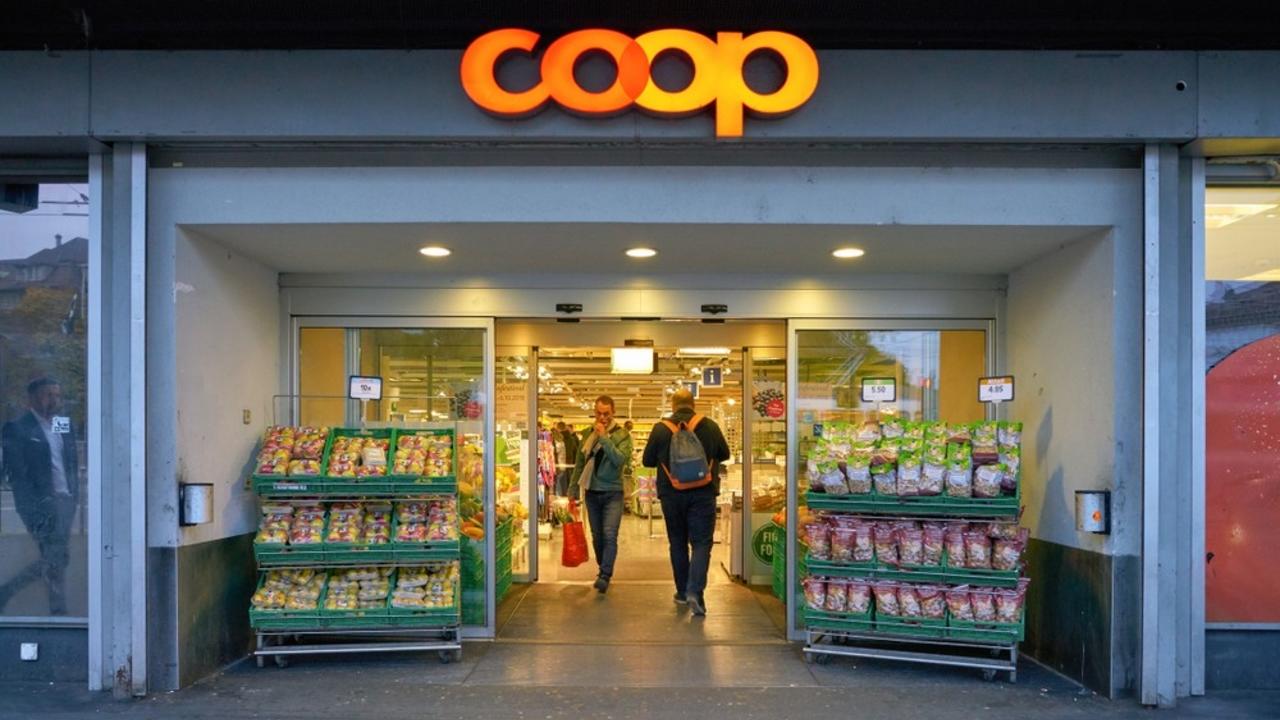Co-op Business Model

Do you have a Co-op near you? Perhaps it is a grocery store or gas station or maybe a clothing retailer. Have you ever thought about the name Co-op and how it means that this business is different from others in its sector? It does things differently because it bases decisions on not just the economics, but also on what serves its membership, community and workers best. Perhaps that Co-op business model is worth a closer look!
A co-op, otherwise known as a co-operative, is defined by the International Co-operative Alliance as an
“autonomous association of persons united voluntarily to meet their common economic, social, and cultural needs and aspirations through a jointly owned and democratically-controlled enterprise.”
Co-operatives are businesses which are community-focused instead of profit-focused. Although there is still a need to make a profit in order to stay afloat, decisions that are made within co-operatives seek to balance the need for profit with the needs of their members and the communities they serve.
A co-operative business model can be thought of as a sustainable business model, as it uses a triple-bottom-line approach. The triple bottom line consists of three elements: profit, people, and the planet. The triple bottom line plays an important role in assessing a business’ level of commitment to enhancing society and the environment. From the moment of their inception, co-operatives place significant value on their environmental, social, and economic impacts.
Types of co-operatives
The co-operative business model can be used by a plethora of different organizations, including ones that are for-profit as well as non-profit. There are five main types of co-operative businesses.
- Consumer co-operatives: these co-ops provide their members with goods and services for their personal use.
- Worker co-operatives: these co-ops provide their members with work.
- Producer co-operatives: these co-ops process and market their members’ products and services.
- Multi-stakeholder co-operatives: these co-ops are made up of different categories of members who share a common interest in the organization.
- Worker-Shareholder co-operatives: these co-ops hold partial ownership of the business in which the co-op’s members are employed.
For more information on the types of co-ops, along with examples, visit this information page from Co-operatives and Mutuals Canada.
Worker co-ops
Worker co-ops are designed in order to provide benefits to the founding members as well as employees/members. When an employee becomes a member by purchasing a membership share or paying a membership fee, they are given a say in how the co-op functions. All members have an equal opportunity to share their ideas, contribute to how the business is run, and make decisions that affect the co-op’s overall performance.
Worker co-ops aim to provide viable and fulfilling employment for their members. This means that there are no CEOS which are gaining the majority of profits while employees are being paid minimum wage. This means that employees are no longer subjected to unfair working conditions or hours. Worker co-ops ensure that employees are paid a livable wage and receive important benefits, all while doing work that aligns with their social and environmental values.
Consider a co-op!
The next time that you need goods or services that are offered by a Co-op, consider choosing this business to amplify how you support your community. And, if the many benefits of co-operatives interest you, consider starting your own or joining one that is already in existence!
Whether you are looking for a place to live, a place to work, a service that will let you share equipment with others, or any number of goods or services, co-ops can be a great way to make positive social and environmental impacts while meeting your needs! I am a member of multiple Co-op businesses and love to frequent them when I need groceries, gas, and even our beekeeping supplies! I bet you can find some that will serve you too.
Stay connected with news and updates!
Join my mailing list to receive the latest news and updates. Your information will not be shared.

